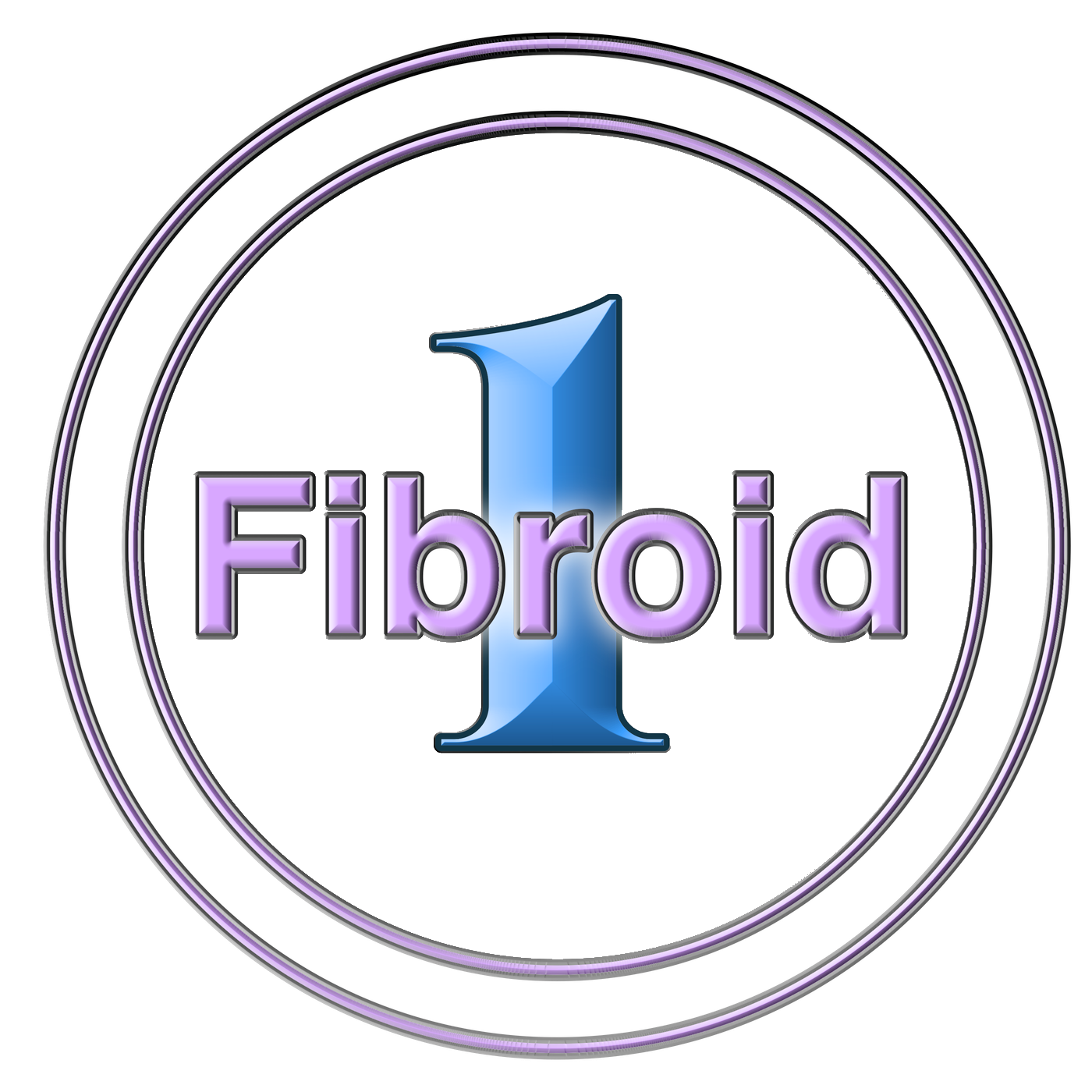Learn More About Adenomyosis:
In women who have adenomyosis, the tissues from glands in the lining of the uterus grow into the uterine’s muscular wall, causing the uterus to become enlarged. In some cases, this condition can cause the uterus to double or triple in size, resulting in heavier periods and severe discomfort. This condition is difficult to diagnose, and the cause of this condition is unknown. While the disease usually resolves around menopause, there are many ways that this condition can be identified and treated, especially if symptoms of chronic pelvic pain become overwhelming. At 1Fibroid Center, our team is here to help you find relief from adenomyosis and help you return back to daily life.
The Symptoms and Causes of Adenomyosis
If you suspect that you have adenomyosis, it is important to see your doctor, as the symptoms of adenomyosis are similar to other more serious conditions. Symptoms such as severe cramping, chronic pelvic pain, tenderness and pressure along the lower abdomen, and prolonged, heavy menstrual bleeding are all symptoms that can easily interfere with daily activities.
While the causes of adenomyosis are unknown, many researchers present theories as to why this condition occurs.
One fact we do know about adenomyosis is that its growth highly depends on the body’s circulating estrogen and that managing this condition often revolves around hormone management and surgical methods.
Treatment Options For Adenomyosis
Treatments such as:
- Non-Invasive Treatment Options
- Birth Control
- Progesterone-containing IUDs
- MRI-guided ultrasound surgery
- Nonsteroidal Anti-inflammatory Drugs
- Uterine artery embolization
- Hysterectomy
All of these options can help provide you with both temporary and long-term relief. Our treatment and prevention methods will depend on the severity of your symptoms and the degrees to which they affect your life. Our gynecologists will work with you to discuss your treatment options and help you select the most appropriate plan for better uterine pain relief.
Adenomyosis occurs when tissue that normally lines the uterus grows into the muscle of the uterus. The dislocated tissue continues to act as if it we still in the inside of the uterus. It thickens, breaks down and bleeds during menstruation. Adenomyosis can present with an enlarged uterus and painful, heavy periods.
Signs or symptoms of adenomyosis are:
- Heavy or prolonged menstrual bleeding
- Severe cramping or sharp, pelvic pain during menstruation (dysmenorrhea)
- Chronic pelvic pain
- Painful intercourse (dyspareunia)
- Enlarged with tenderness or pressure in your lower abdomen.
Potential treatments include Uterine Artery Embolization (blocking some blood vessels to affected area); Medication; Hysterectomy.











